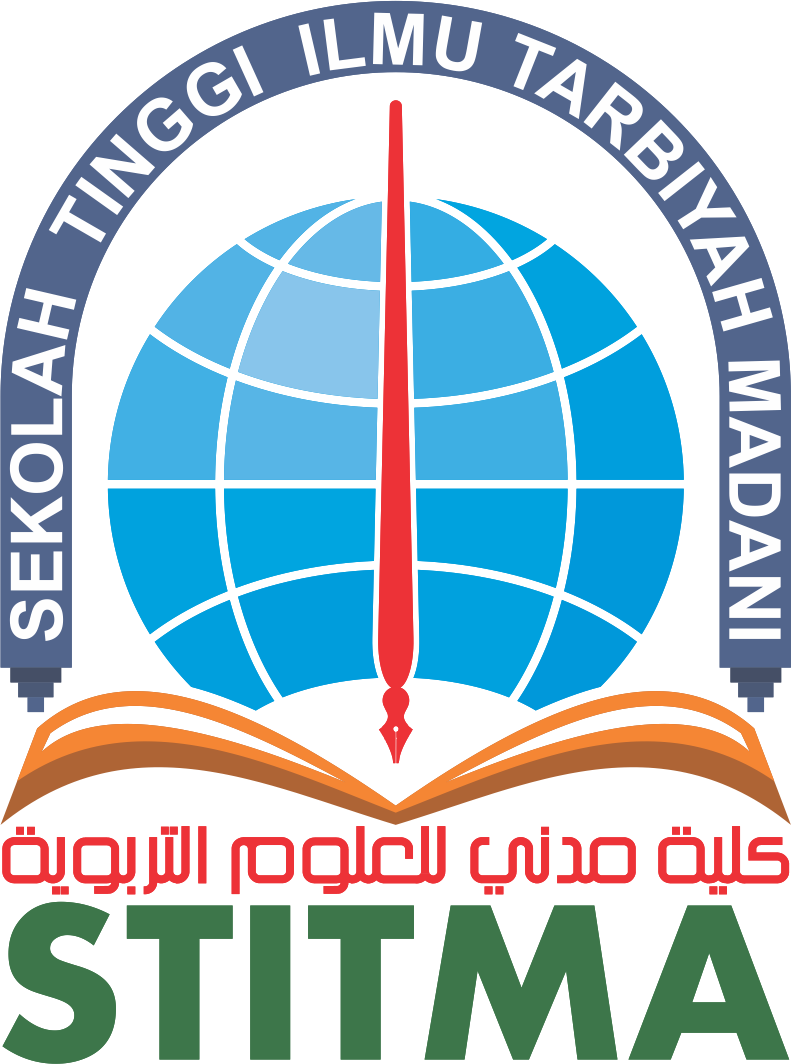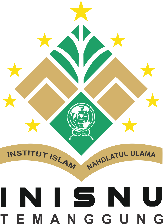Integrating Localized Approaches in Quality Assurance Frameworks: A Case Study of Rural Education Systems
DOI:
https://doi.org/10.59944/postaxial.v3i2.443Keywords:
Quality Assurance, localized practices, rural education, educational outcomesAbstract
This study explores the integration of localized Quality Assurance (QA) practices within rural education systems, focusing on their impact on educational outcomes and the perceptions of stakeholders, including school leaders, teachers, parents, and local authorities. Employing a qualitative case study approach, the research investigates how context-specific QA practices, adapted to the unique needs of rural schools, influence student engagement, academic performance, and overall school effectiveness. Data were collected through semi-structured interviews, focus groups, document analysis, and field observations across several rural schools in [insert region]. The findings suggest that localized QA practices, such as tailoring curricula to local cultural, social, and economic contexts, significantly improve student participation and learning outcomes. However, challenges such as limited resources, teacher training, and infrastructure were identified as barriers to the successful implementation of these practices. Despite these challenges, the integration of localized QA approaches was widely supported by stakeholders, who noted improved educational engagement and a stronger connection between students and their learning material. The study concludes that adapting QA frameworks to local contexts can enhance the relevance and effectiveness of education in rural settings, with policy recommendations for greater resource allocation, teacher professional development, and ongoing evaluation of localized approaches
References
Agarwal, A. (2019). Context-sensitive education and its impact on rural learners. Journal of Rural Education, 23(2), 45-59.
Alseweed, M., & Abdulwahab, M. (2018). The role of visual aids in teaching vocabulary to EFL students. Journal of Language Teaching and Research, 9(5), 1122-1130.
Bourn, D. (2017). Understanding global citizenship education. Bloomsbury Publishing.
Bowen, G. A. (2009). Document analysis as a qualitative research method. Qualitative Research Journal, 9(2), 27-40.
Braun, V., & Clarke, V. (2006). Using thematic analysis in psychology. Qualitative Research in Psychology, 3(2), 77-101.
Cresswell, J. W. (2014). Research design: Qualitative, quantitative, and mixed methods approaches. Sage Publications.
Epstein, J. L. (2011). School, family, and community partnerships: Preparing educators and improving schools. Westview Press.
Ferri, B. A. (2020). Inclusive education and the role of quality assurance frameworks in promoting equity. International Journal of Educational Development, 71, 102-114.
Fitrianto, I. (2019). ماليزيا بجامعة دار السلام كونتور العام: KUISتنفيذ الدورة المكثفة في اللغة العربية لطلاب الكلية الجامعية الإسلامية العالمية بسلانجور 2018 (Doctoral dissertation, University of Darussalam Gontor).
Fitrianto, I. (2024). Critical Reasoning Skills: Designing an Education Curriculum Relevant to Social and Economic Needs. International Journal of Post Axial: Futuristic Teaching and Learning, 245-258.
Fitrianto, I. (2024). Innovation and Technology in Arabic Language Learning in Indonesia: Trends and Implications. International Journal of Post Axial: Futuristic Teaching and Learning, 134-150.
Fitrianto, I. (2024). Strategi Guru Pai Dalam Mengatasi Kesulitan Belajar Pada Mata Pelajaran Hadis Kelas 8 MTS Ibadurrahman Subaim. IJER: Indonesian Journal of Educational Research, 356-363.
Fitrianto, I., & Abdillah, F. M. (2018). MODEL PEMBELAJARAN PROGAM PEMANTAPAN BAHASA ARAB DAN SHAHSIAH (KEMBARA) KE 4 MAHASISWA KOLEJ UNIVERSITI ISLAM ANTAR BANGSA SELANGOR (KUIS) TAHUN 2018. University of Darussalam Gontor 15-16 September 2018, 121.
Fitrianto, I., & Saif, A. (2024). The role of virtual reality in enhancing Experiential Learning: a comparative study of traditional and immersive learning environments. International Journal of Post Axial: Futuristic Teaching and Learning, 97-110.
Fitrianto, I., Al-Faruqi, M. R., & Hanifah, N. A. (2025). The Contributions of Ibn Malik to Arabic Language Education: A Historical and Pedagogical Analysis. IJAS: International Journal of Arabic Studies, 2(1 March), 1-11.
Fitrianto, I., Hamid, R., & Mulalic, A. (2023). The effectiveness of the learning strategy" think, talk, write" and snowball for improving learning achievement in lessons insya'at Islamic Boarding School Arisalah. International Journal of Post Axial: Futuristic Teaching and Learning, 13-22.
Fitrianto, I., Setyawan, C. E., & Saleh, M. (2024). Utilizing Artificial Intelligence for Personalized Arabic Language Learning Plans. International Journal of Post Axial: Futuristic Teaching and Learning, 30-40.
Huda, E. A., & Layalin, N. A. (2023). Nrimo In Pandum: Description of Javanese Self-Acceptance After the Family Died. International Journal of Research Publication and Reviews, 4(7), 1989-1993.
Julkifli, J., Mastur, M., & Fitrianto, I. (2025). Julkifli, Ibnu Fitrianto Metode Langsung (Thaîqah Mubãsyarah) Dalam Pembelajaran Bahasa Arab di Pondok Pesantren Bin Baz Yogyakarta. Jurnal Al-Fawa'id: Jurnal Agama dan Bahasa, 15(1), 158-173.
Kline, A., & Hall, A. (2019). Localized curricula and their impact on rural education systems. Journal of Rural Education, 45(3), 77-91.
Kraak, A. (2017). Localized approaches in educational quality assurance: Addressing rural needs. International Journal of Educational Policy, 15(1), 10-22.
Krueger, R. A., & Casey, M. A. (2015). Focus groups: A practical guide for applied research (5th ed.). SAGE Publications.
Layalin, N. A. (2021). Pengaruh efikasi diri terhadap intensi berwirausaha pada mahasiswa Fakultas psikologi Universitas Islam Negeri Maulana Malik Ibrahim Malang yang berwirausaha (Doctoral dissertation, Universitas Islam Negeri Maulana Malik Ibrahim).
Layalin, N. A., & Fasikhah, S. S. (2023). Menggali kekuatan karakter: conscientiousness berperan pada orientasi masa depan dan keputusan karir siswa SMK. Psychological Journal: Science and Practice, 3(2), 177-183.
Leach, F., Dunne, M., & Salvi, F. (2008). Education, inclusion and social justice: A critical analysis. Routledge.
Maxwell, J. A. (2012). Qualitative research design: An interactive approach (3rd ed.). SAGE Publications.
Merriam, S. B. (2009). Qualitative research: A guide to design and implementation (2nd ed.). Jossey-Bass.
Mugisha, F., Chikoko, V., & Nsengiyumva, G. (2017). The role of localized learning practices in rural schools: A case study. Journal of Educational Development, 25(4), 36-50.
OECD. (2019). OECD reviews of evaluation and assessment in education: Quality assurance frameworks. OECD Publishing.
Patton, M. Q. (2002). Qualitative research & evaluation methods (3rd ed.). SAGE Publications.
Robinson, P. (2018). Quality assurance in education: A global perspective. Springer.
Salomon, G., & Heffernan, S. (2020). Rural education in the context of quality assurance frameworks. Educational Researcher, 39(4), 203-210.
Schweisfurth, M. (2013). Globalization and education: A critical introduction. Routledge.
Shulman, L. S. (1987). Knowledge and teaching: Foundations of the new reform. Harvard Educational Review, 57(1), 1-22.
Smith, K., & Reay, D. (2018). Social justice and the challenges of localized education systems. Journal of Education Policy, 45(2), 245-264.
Stake, R. E. (2010). Qualitative research: Studying how things work. The Guilford Press.
UNESCO. (2015). Education for all 2015: Global monitoring report. UNESCO.
Vygotsky, L. S. (1978). Mind in society: The development of higher psychological processes. Harvard University Press.
Wright, T. (2016). Context-based education: Bridging the gap between theory and practice. Educational Review, 41(3), 22-40.






